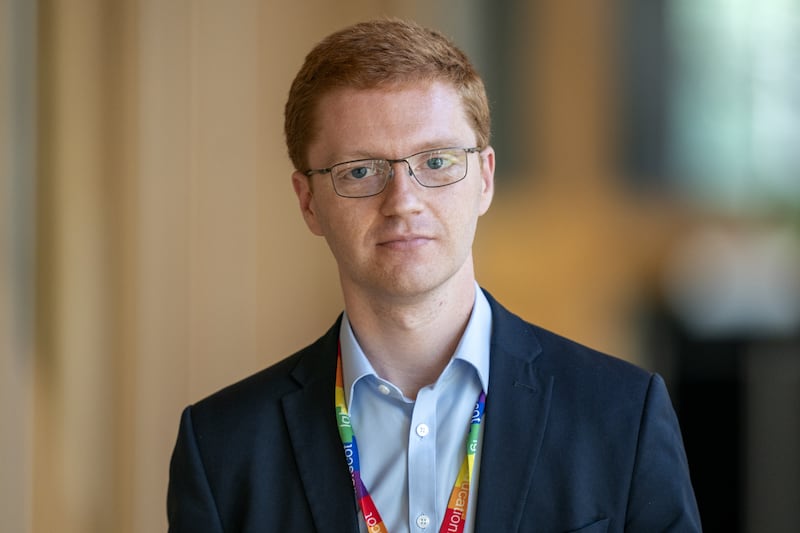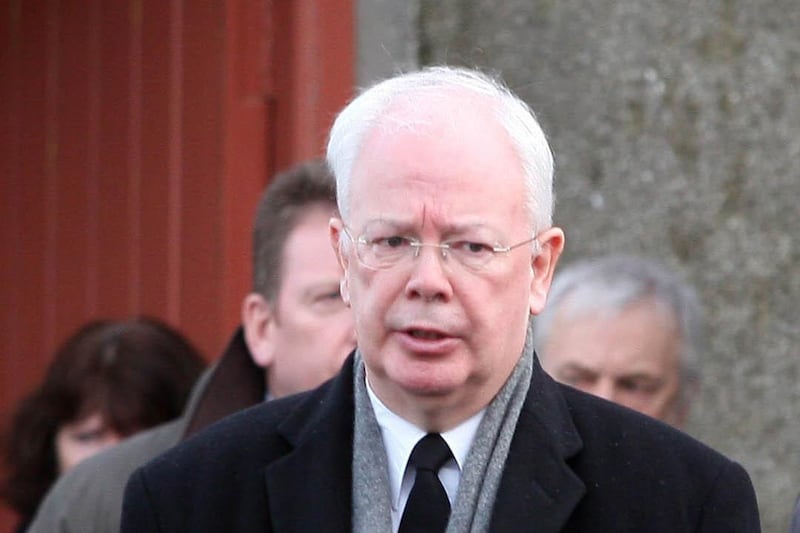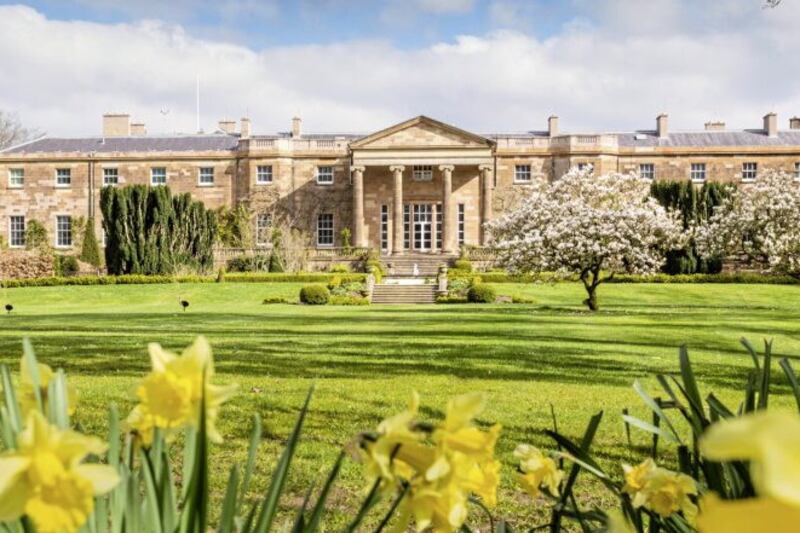A former MSP who quit Holyrood for Westminster has urged the Scottish Parliament to “up its game”.
Former Scottish secretary David Mundell insisted that Holyrood “still has the capacity to be a force for good right across Scotland”.
But he claimed while Holyrood’s committees had previously been “lauded” for their work, Westminster’s committees were now “more effective”, saying this was in part due to their system of electing committee chairs.
Mr Mundell also claimed it “would be beneficial” for joint committees, involving both MPs and MSPs, to be convened on areas that the Scottish and UK governments are jointly responsible for, such as welfare.
The Tory served as an MSP between 1999 – when the first Scottish Parliament was elected – and 2005, when he left Holyrood after being voted in as the MP for Dumfriesshire, Clydesdale and Tweeddale.

Speaking ahead of the 25th anniversary of Holyrood sitting for the first time on May 12, Mr Mundell recalled the “sense of excitement, anticipation”.
He told the PA news agency: “It was a very exciting time.
“There were very high expectations, looking back they were probably unrealistic some expectations in that regard.
“But it was a period of optimism.”
With the Tories having been wiped out in Scotland in the 1997 general election, he told how the Scottish Parliament, established by Tony Blair’s government two years later, ensured the party was again “part of the mainstream in Scottish politics”.
However, he said a better than expected result for his party in those first elections meant the 18 Conservatives who were elected had “cramped conditions” in the Parliament’s initial temporary home, the General Assembly of the Church of Scotland on the Royal Mile in Edinburgh, as accommodation there had been planned on the basis of polling suggesting there would only be nine Tory MSPs.

But he recalled the “greater sense of camaraderie, particularly across the parties in those days”, saying MSPs from opposing parties would often enjoy drinks or meals out together “because everyone was in the same boat, all new together”.
He added that politics had “changed” and become more polarised since then, particularly in the wake of the Scottish independence referendum in 2014.
Holyrood committees – which play a crucial role in scrutinising legislation as the Scottish Parliament has no upper chamber – meanwhile were “lauded as being very effective” in the early days of devolution.
But the Tory claimed the committees in the Scottish Parliament had now “become more political”, adding that Holyrood had “resisted the opportunity” to introduce elected committee chairs, as they have at Westminster.
As a result of that he claimed “you get much stronger people as the chair of the committees” in the UK Parliament.
Mr Mundell said: “At the point I left, people thought the committees here were much more effective. Now I think the committees at Westminster are more effective.”
Adding that relations between the Scottish and UK parliaments are “still too ad-hoc” he suggested it “would be beneficial to have some joint committees”.
But he said the Parliament now had to work to re-establish the “positivity” it enjoyed in the earlier days of devolution.
The Tory said: “My perception is there is much more negativity towards the Parliament than there was even a few years ago.
“Particularly in areas like I represent, the south of Scotland, where people feel marginalised.
“When we started off I think there was a great hope it would be a Parliament for the whole of Scotland, I think many people feel that it is not a Parliament that is focused on the needs of rural Scotland, for example.”
The MP continued: “The Parliament still has the capacity to be a force for good right across Scotland, but it does need to up its game and portray itself in that way.
“Part of that is by focusing on what are real people’s priorities, not some of the distractions that have seemed to be its priority.
“I think there can’t be any complacency. There has to be an acceptance that there is a less positive view of the Parliament than there has been and it is incumbent on all the members, and the Scottish Government, to turn that round.”









